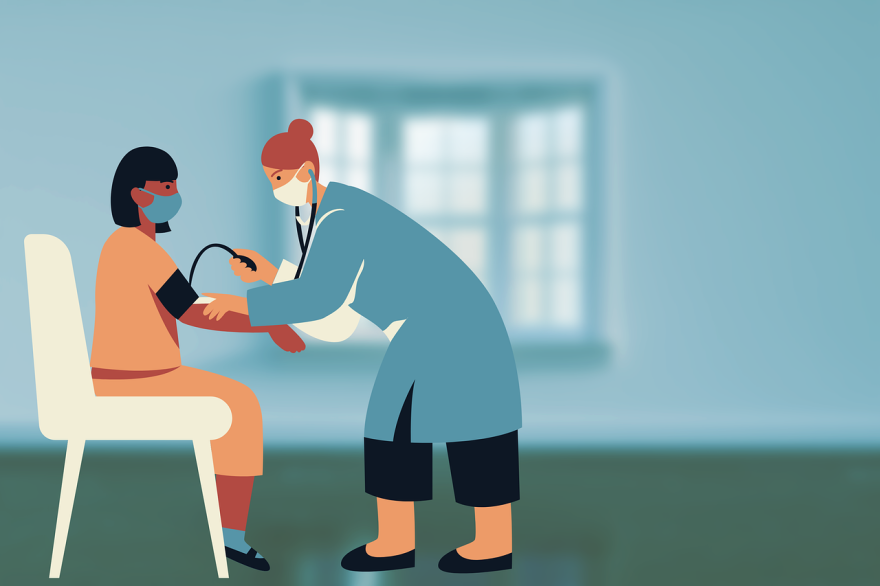This show originally aired March 16, 2022.
Chronic diseases are broadly defined as long-term health conditions that require ongoing medical attention or limit activities of daily living. They may not have a cure.
An estimated 6 in 10 U.S. adults have a chronic disease, according to the Centers for Disease Control and Prevention. The most common are heart disease, cancer and diabetes.
Others such as autoimmune diseases, chronic Lyme disease and fibromyalgia can be more difficult to pin down as they may come with invisible symptoms.
Individuals living with these and other complex chronic diseases often encounter skepticism and struggle to get a straightforward diagnosis.
Research shows that women have a harder time getting medical professionals to take their symptoms seriously or administer effective care.
Long COVID can be similarly hard to characterize, as it includes a wide variety of symptoms that persist long after initial SARS-CoV-2 infection, some of which are vague and subjective. Estimates put the number of U.S. long COVID patients at more than 15 million.
Why are so many chronic illnesses difficult to diagnose? How can they affect an individual's day-to-day functioning? Why has there been so little progress made to better understand and treat them?
What factors are contributing to the rise of long-term, often incurable diseases? Is long-haul coronavirus just the latest manifestation of post-viral illnesses that have been around for decades?
What are the implications of so many more people becoming chronically ill because of COVID-19? Will long COVID change the conversation about or lead to breakthroughs for other chronic conditions?
Guests:
- Meghan O'Rourke, author of New York Times bestselling book "The Invisible Kingdom: Reimagining Chronic Illness"
- Elbert Huang, MD, MPH, FACP, professor of medicine and founding director of the Center for Chronic Disease Research and Policy at the University of Chicago
"The Source" is a live call-in program on air Mondays through Thursdays from 12-1 p.m. Central.
Leave a message before the program at 210-615-8982. During the live show, call or text 833-877-8255, email thesource@tpr.org or tweet @TPRSource.
*This interview was recorded on Wednesday, March 16.


